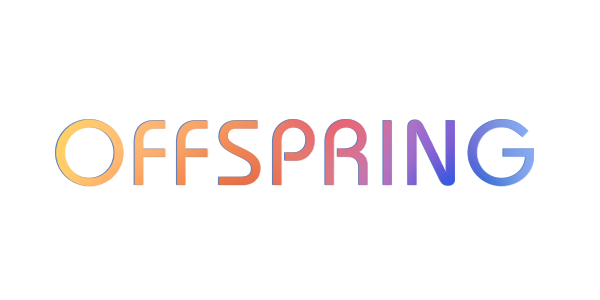Snoring can be inconvenient, and there is so much misinformation on the internet about how to stop snoring, like the tape your mouth shut TikTok trend, which can ultimately make your snoring worse.
Whether you’re the one snoring or on the other end of the loudness, snoring is a cause of insufficient sleep and can impact your health and mood the next day.
There are many influencers on the internet who believe they have the answers to stop snoring and getting better sleep but are they true?
Let’s begin with some facts.
A new study conducted by the University of Bergen in Norway found that sleep apnoea, where snoring is a major symptom, is more common in post-menopausal women because they have lower levels of the hormones oestrogen and progesterone.
The study found that after Hormone Replacement Therapy, snoring and other sleep apnoea symptoms had diminished when the hormones were replenished to pre-menopausal levels.
A study conducted in 2013, published in the journal CHEST, found that a simple set of tongue exercises can dramatically reduce snoring in patients.
“This study demonstrates a promising, non-invasive treatment for large populations suffering from snoring, the snorers and their bed partners, that are largely omitted from research and treatment,” Barbara Phillips, the Medical Director of the Sleep Laboratory at the University of Kentucky College of Medicine, said about the findings.
“Frankly, this will change the advice that I give to my patients who snore,” she added.
Now for a really weird treatment… apparently singing can help with your snoring.
In a study conducted by the Royal Devon and Exeter Hospital, singing was found to reduce the risk of snoring.
This is great news for singers but not so much for those who don’t consider themselves musically inclined.
Now for the myths of snoring.
Taking a nightcap or sleeping pills before bed won’t help with your snoring and is likely to have the opposite effect, making it worse.
Drinking alcohol can cause dehydration and reduce the resting tone of the muscles at the back of the throat, likely worsening your snoring.





























